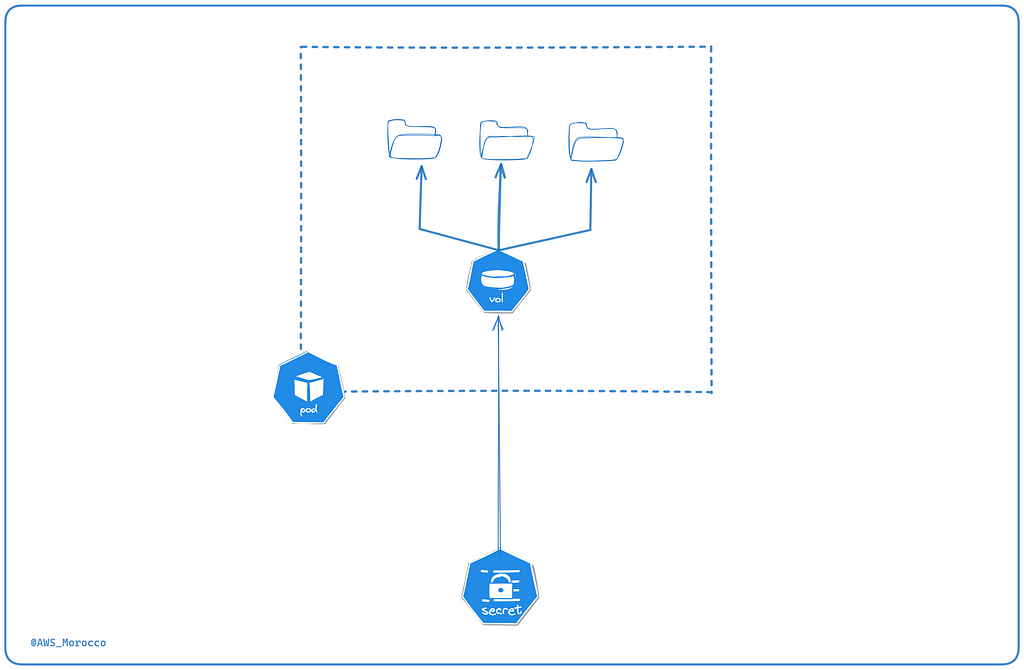
Lessons Learned From Mounting Secrets to Pods on Kubernetes
Kubernetes secrets are objects conceived to hold sensitive information such as passwords, tokens and certificates that can be used by pods without the need

Kubernetes secrets are objects conceived to hold sensitive information such as passwords, tokens and certificates that can be used by pods without the need

In this tutorial, we will learn how to set up Prometheus rules and configure Alertmanager to send alerts to a Slack channel. Prometheus is a popular monitoring and alerting solution in the Kubernet…